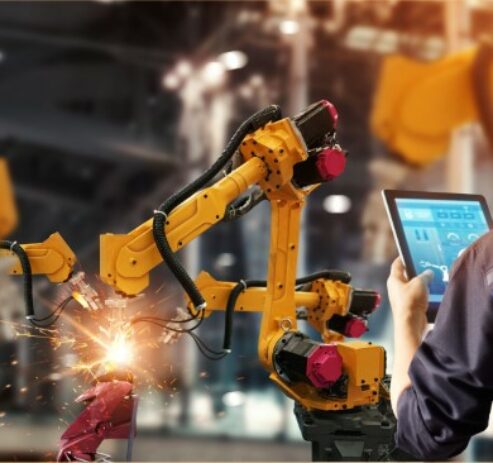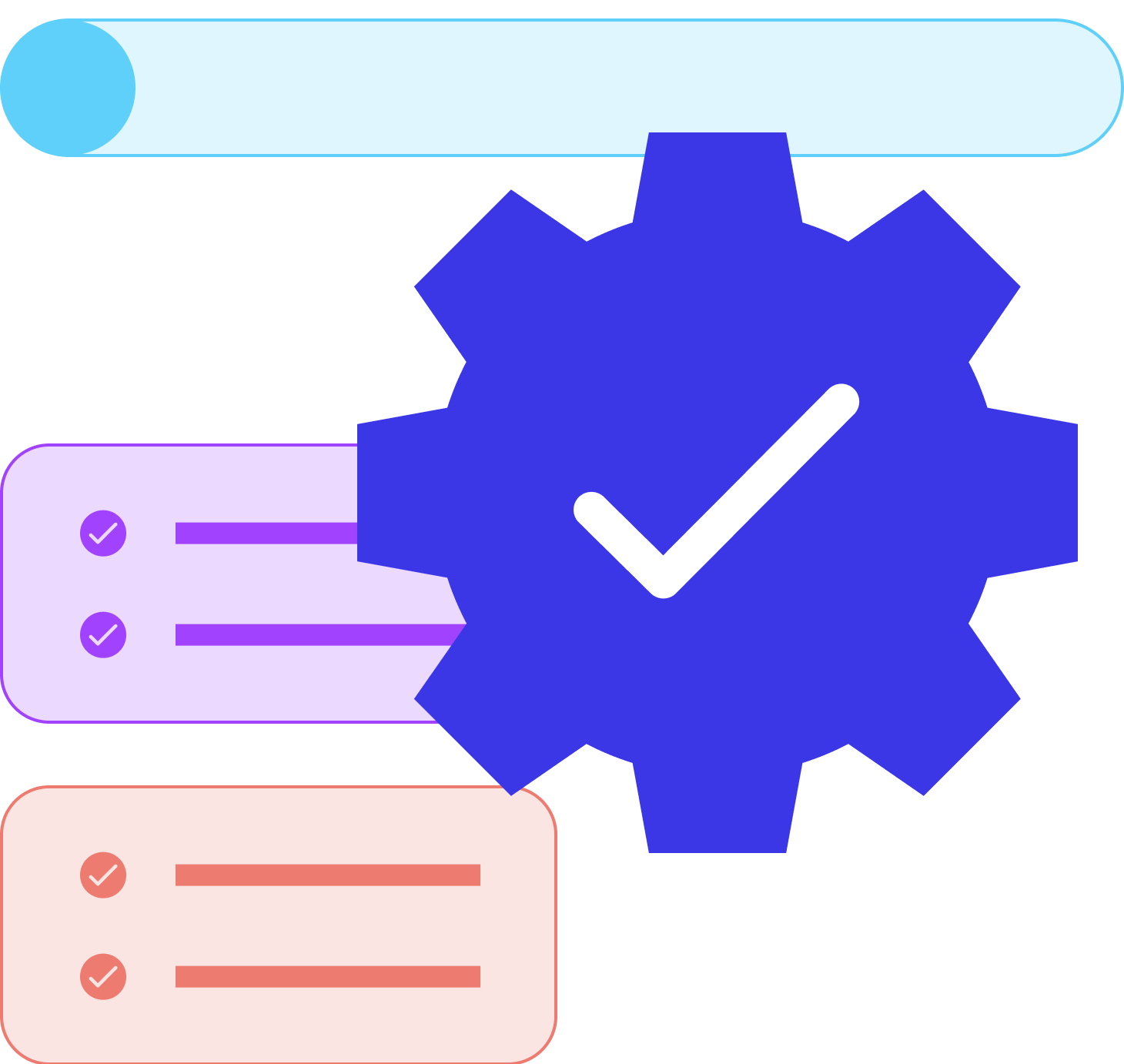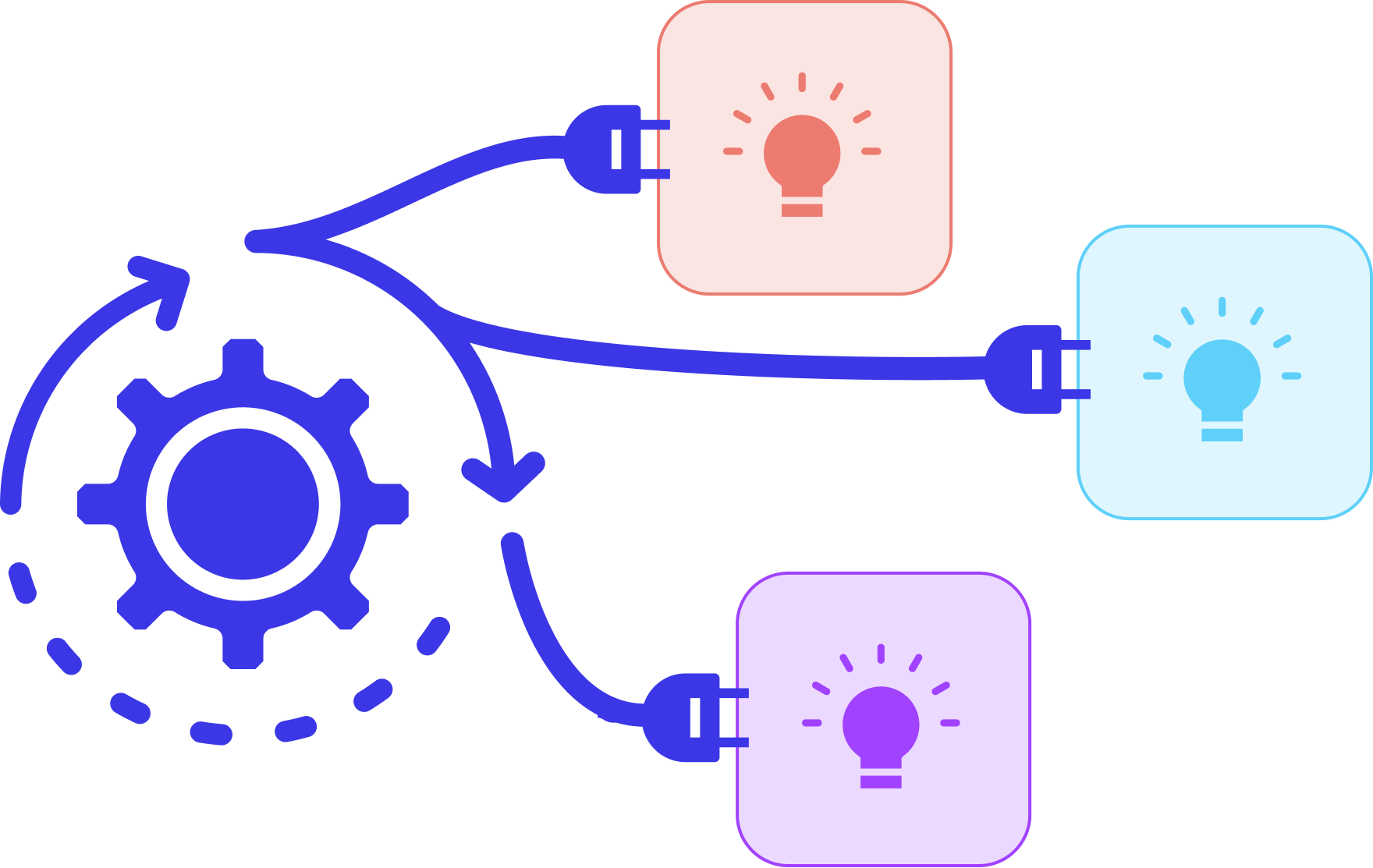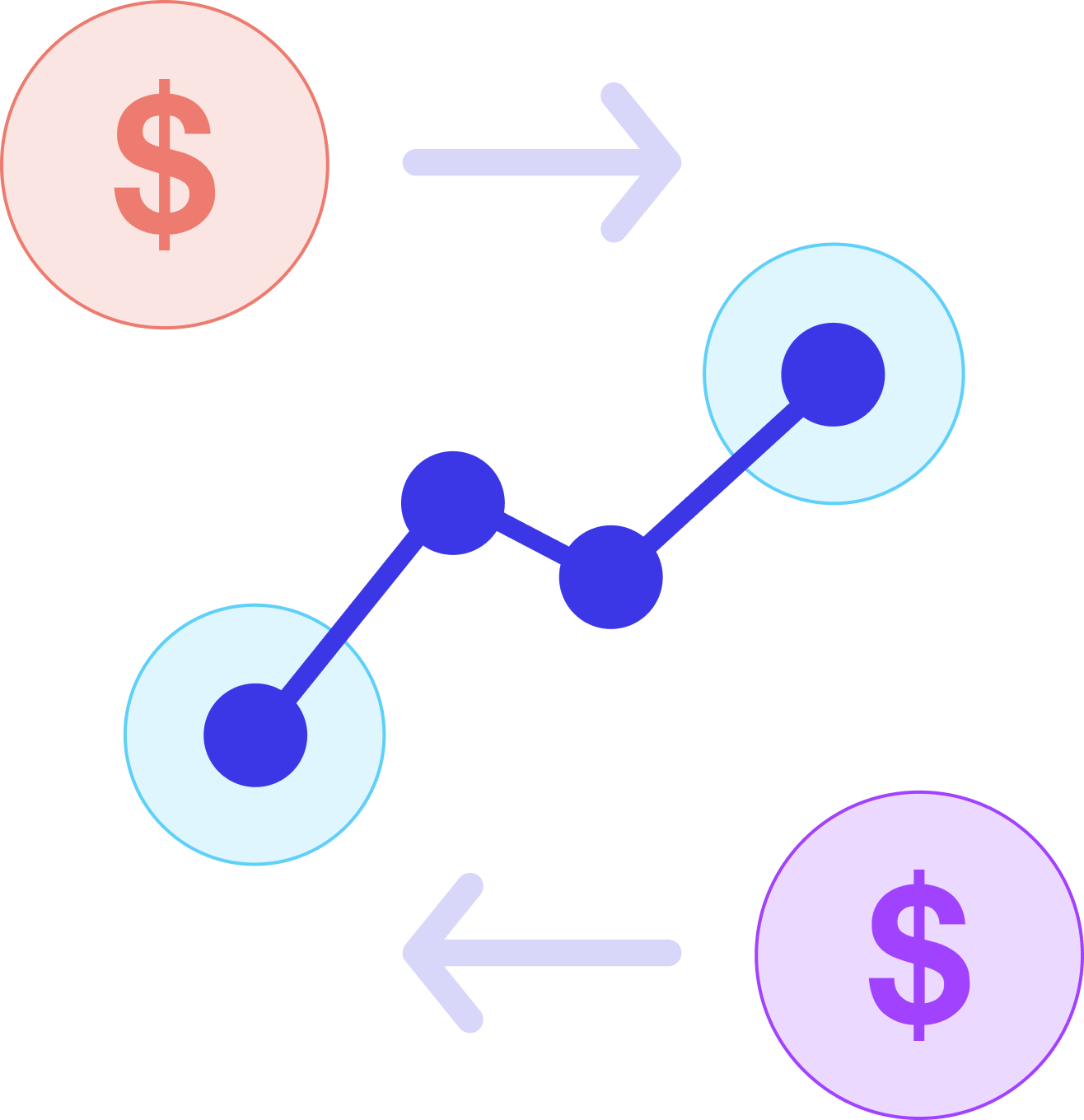Manufacturing ERP
Manufacturing ERP is an enterprise resource planning (ERP) solution that helps manufacturers plan, automate, and manage different associated operations. Manufacturing ERP solutions are holistic business management software solutions that help automate and manage various business processes ranging from shop floor and production operations to Human Resource management, inventory management, and sales & marketing. Manufacturing ERP systems are designed to improve organizational efficiency, enhance manufacturing effectiveness, and optimize resource utilization. They enable businesses to streamline operations, reduce waste, and improve productivity.
Why is ERP Software Necessary in the Manufacturing Industry?
Different manufacturing units handle different components of daily operations. This covers essential duties, including supply chain management optimization and inventory management. An ERP system for manufacturing is critical to this process since it is designed to streamline inventory, production, warehousing, and supply chain related operations and facilitate automated purchasing, workforce management, and reliable quality testing. The benefits of a manufacturing ERP include improved visibility and communication.
With a Manufacturing ERP, data is continuously updated thanks to a centralized server that maintains a single source of truth, resulting in richer insights, more precise projections, and increased manufacturing efficiency.
When Should a Manufacturing Company Consider Implementing an ERP System?
Manufacturing companies usually require an ERP system when they expand their size and operations. Implementing an ERP system is crucial for increasing efficiency and productivity as businesses grow and their current processes cannot provide adequate support.
Manufacturing business processes can be highly complex and create bottlenecks that hinder efficiency. As a result, even small manufacturing units need ERP systems. These systems act as a growth engine that can benefit both large production units and small production facilities looking to scale.
Benefits of Implementing ERP In Manufacturing
Improved Quality Control
Relying on manual processes to ensure manufacturing quality can lead to compliance and production issues. However, companies can maintain strict quality control throughout the production lifecycle by utilizing a Manufacturing ERP system – This is the most dependable way to ensure adherence to high-quality standards, from sourcing the best raw materials to ensuring finished products meet industry standards.
Reduced amount of manual work
A Manufacturing ERP system can help automate various backend tasks across multiple organizational departments. For instance, it eliminates the need for warehouse staff to manually scan and locate items while also reducing the manual workload of production staff. By removing the need for employees to carry out repetitive manual tasks, they can focus their attention on more complex and demanding operations that require human intervention, leading to a significant increase in efficiency and productivity throughout the manufacturing process.
Improved Team Collaboration & Elimination of Data Silos
Manufacturing companies have multiple departments that gather and keep data from different sources. Unfortunately, this data is often held in separate databases, making generating meaningful insights difficult. Siloed data pools make collaborating on crucial tasks difficult, leading to unnecessary delays, communication breakdowns, and decreased productivity. A Manufacturing ERP solution improves team collaboration and eliminates data silos by creating a unified hub for all organizational data across all departments. This results in improved teamwork and access to valuable insights from data exchange between departments.
Improved Production Scheduling
Managing production operations is a complex and challenging process that involves multiple stages and tasks. Manual tracking and monitoring of production milestones can lead to errors, delays, and lower-quality finished items. Manufacturing ERP helps you schedule and automate various jobs based on work hours, machine time, and available raw materials in the warehouse. A manufacturing ERP also syncs this data with demand forecasting to generate reports and provide insights that continuously improve production processes.
Holistic Supply Chain Management
Manufacturing ERP tools facilitate tracking raw materials and finished goods that enter and leave the warehouse. By utilizing Manufacturing ERP tools, warehouse staff can scan barcodes, process payments to third-party vendors, and maintain an optimal inventory threshold to ensure prompt order fulfillment. A manufacturing ERP system helps collate data from various departments and analyze it to ensure the procurement of essential raw materials according to the demand forecast. This reduces inventory costs, minimizes wastage, and ensures timely delivery of products.
Accurate Data & Real-Time Insights
Manufacturing operations affect many different processes that can sometimes appear unrelated. A Manufacturing ERP can collect data generated during these operations and use it to provide a unified view of the production facility and manufacturing process. By using Manufacturing ERP, businesses can access accurate data and real-time insights, including information on fluctuating demand, order placement trends, and the dynamic cost of raw materials. These insights help decision-makers make smart decisions based on actual, accurate data.
Compliance with Industry Standards
Manufacturing ERP systems help production organizations comply with rigorous industry standards and regulations. Manufacturing ERP tools provide production facility units with the capability to achieve Compliance with energy consumption regulations, reduce their carbon footprint, and maintain specific quality standards that align with industry norms.
Adaptability to Market Changes
Manufacturing companies, whether small or large, are susceptible to fluctuations in the market and shifts in industry trends. However, an advanced Manufacturing ERP allows adjustments to be made seamlessly across departments to accommodate process changes. Furthermore, flexible and scalable non-legacy Manufacturing ERP allows adding or removing modules as needed.
Enhanced Customer Relationship Management
Manufacturing ERP systems typically include a customer relationship management (CRM) module that stores and updates customers’ historical data. It enables support teams to manage customer relationships efficiently throughout their lifecycle, improving customer satisfaction and experience.
Improved Cost Control and Financial Management
A manufacturing-specific ERP considers various financial transactions unique to manufacturing units. It helps small and large manufacturing companies manage their daily finances and track job costs. In addition, it also helps automate accounting, generate customer reports, and help identify opportunities to cut costs. In other words, manufacturing units can quickly implement cost control, automate most financial planning aspects, and reduce errors and fraud





















